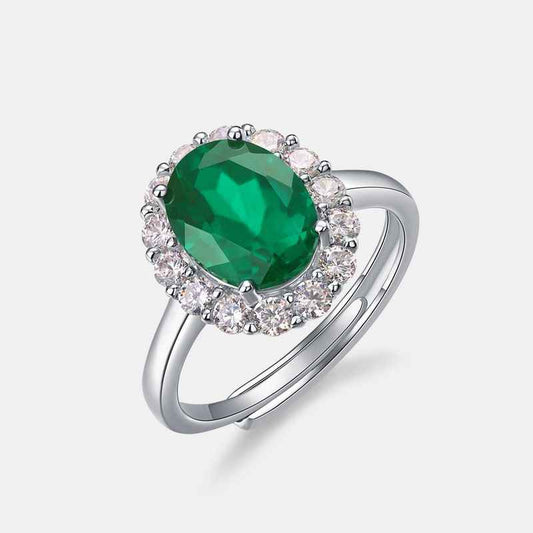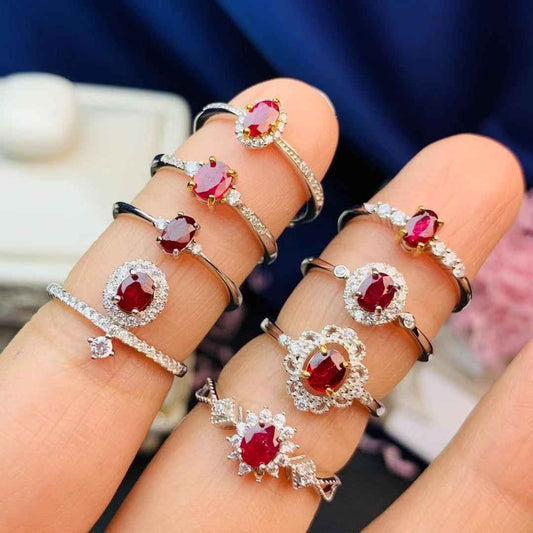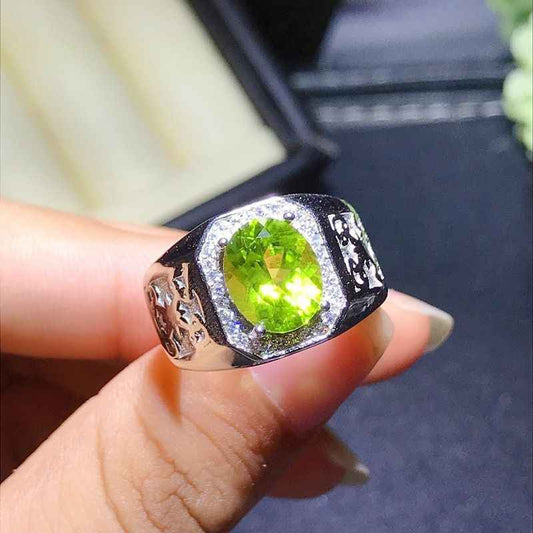Are Feng Shui Principles Real? Understanding the Ancient Art and Its Impact
Share

Feng Shui, the ancient Chinese practice of arranging our living and working spaces to promote harmony, balance, and prosperity, has been both revered and questioned for centuries. Some consider it a pseudoscience, while others swear by its transformative power. But is Feng Shui real? Does it genuinely influence our lives, or is it simply a cultural tradition with no tangible effects? In this blog, we'll explore the origins, principles, and modern interpretations of Feng Shui to help you decide for yourself.
The Origins of Feng Shui
Feng Shui, which translates to "wind" (Feng) and "water" (Shui), is rooted in the ancient Chinese belief that these two natural elements shape the environment and influence human life. The practice dates back over 3,000 years to the Zhou dynasty, where it was originally used to determine the best locations for palaces, graves, and crops based on the natural landscape and the flow of energy, or "Qi" (pronounced "chee").
The foundational idea of Feng Shui is that Qi, a life force energy, flows through everything, including our homes and workplaces. The way we arrange our spaces can either promote the free flow of Qi, leading to health, wealth, and happiness, or block it, resulting in negative outcomes.
The Core Principles of Feng Shui
Feng Shui is based on several core principles that guide the arrangement of spaces to maximize positive energy flow:
-
The Five Elements: Feng Shui recognizes five elements—Wood, Fire, Earth, Metal, and Water—that are believed to interact in different ways, either supporting or controlling each other. Balancing these elements within a space is thought to create harmony and attract positive energy.
-
Yin and Yang: This principle is about balance. Yin (passive energy) and Yang (active energy) should be in harmony within any space. For example, a room should not be too dark (Yin) or too bright (Yang) but should have a balance of both to maintain equilibrium.
-
Bagua Map: The Bagua is a Feng Shui energy map used to analyze the energy within a space. It divides a space into nine areas, each associated with a different aspect of life such as wealth, health, relationships, and career. By aligning your space according to the Bagua map, you can enhance specific areas of your life.
-
Qi Flow: The free flow of Qi is crucial in Feng Shui. Furniture placement, the layout of rooms, and even the colors used in a space can either enhance or obstruct Qi. The goal is to create an environment where Qi can circulate freely, bringing balance and positive energy.
The Scientific Perspective: Can Feng Shui Be Proven?
One of the main criticisms of Feng Shui is that it lacks scientific evidence. Skeptics argue that the principles of Feng Shui are based on ancient superstitions rather than empirical research. From a purely scientific perspective, there's little evidence to support the idea that arranging furniture or using specific colors can directly influence a person's health, wealth, or happiness.
However, some aspects of Feng Shui align with concepts in environmental psychology—a field that studies how our physical environment affects our mental and emotional well-being. For example, the idea of creating a clutter-free, balanced space resonates with modern understanding of how our surroundings impact our mood and productivity. A well-organized, aesthetically pleasing environment can indeed promote feelings of calm and focus, which are core objectives of Feng Shui.
The Psychological Impact of Feng Shui
While Feng Shui may not have a direct, measurable impact according to scientific standards, its effects on the human psyche cannot be dismissed. The act of arranging one's space according to Feng Shui principles can have a powerful psychological effect, giving individuals a sense of control over their environment and life. This, in turn, can lead to a placebo effect, where believing that Feng Shui will bring positive changes actually leads to those changes through improved mental outlook and behavior.
Moreover, Feng Shui encourages mindfulness in how we design and interact with our spaces. It promotes the idea that our environment has a profound effect on our well-being, which is a concept supported by psychology. By focusing on creating a harmonious and balanced space, people may experience reduced stress, increased productivity, and enhanced well-being, all of which can be seen as indirect benefits of Feng Shui.
The Cultural and Spiritual Significance
Beyond its practical applications, Feng Shui holds deep cultural and spiritual significance for many people. It is closely tied to Chinese cosmology, Taoism, and traditional Chinese medicine, where the flow of Qi is also central. For those who embrace these cultural beliefs, Feng Shui is not just about arranging furniture but about living in harmony with the universe.
In this context, the "reality" of Feng Shui may be less about empirical proof and more about its value as a cultural practice that connects people to their heritage, spirituality, and a sense of cosmic order. For many, this spiritual and cultural resonance is as real and impactful as any scientific validation.
Feng Shui in Modern Times
In the modern world, Feng Shui has evolved and adapted to fit contemporary lifestyles. While traditional Feng Shui consultants still base their practices on ancient principles, there is also a growing trend towards "Western Feng Shui," which is more flexible and accessible. This version often focuses more on general principles of energy flow, color psychology, and creating aesthetically pleasing spaces, rather than strict adherence to traditional rules.
Today, Feng Shui is used in everything from home decor to office design, and even city planning. While its effectiveness may be debated, its influence is undeniable. Whether or not you believe in the mystical aspects of Feng Shui, incorporating its principles can still lead to a more organized, harmonious, and mindful living space.
Conclusion: Is Feng Shui Real?
The question of whether Feng Shui is real ultimately depends on your perspective. From a scientific standpoint, there may be little evidence to support the specific claims of Feng Shui. However, its psychological, cultural, and spiritual impacts are undeniable. For many, Feng Shui offers a way to create balance, attract positivity, and live more harmoniously within their environment.
Whether you view it as an ancient art, a cultural tradition, or a tool for mindfulness, Feng Shui's principles can bring a sense of order and intention to your space, which may, in turn, enhance your life. In this way, Feng Shui’s "reality" is as much about personal belief and experience as it is about measurable outcomes.





